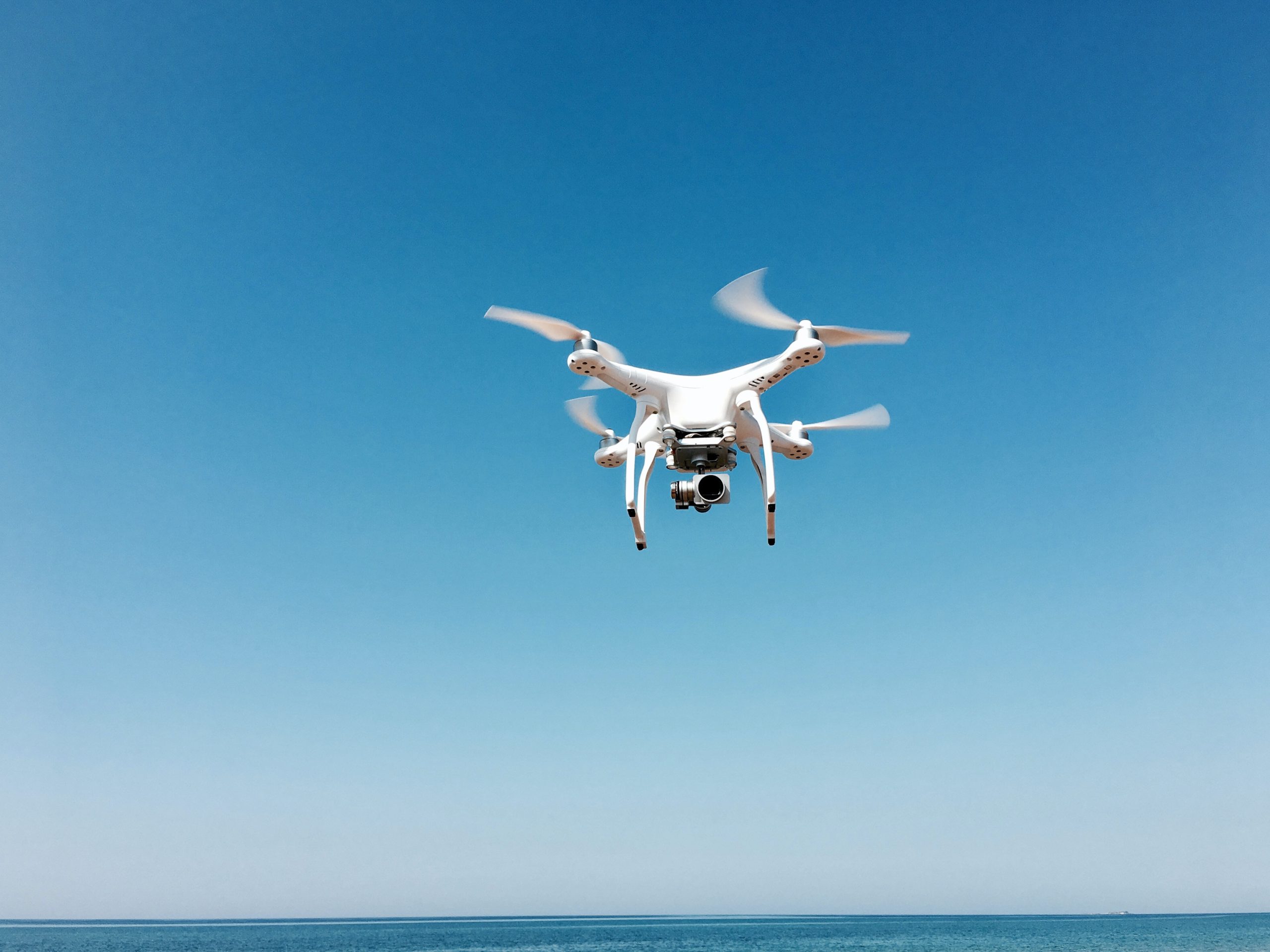The vast expanse of our oceans has long been a source of awe and wonder, providing a rich ecosystem and serving as a conduit for global trade. However, amidst its beauty, the world’s oceans are also vulnerable to various threats, ranging from piracy and smuggling to terrorism and environmental disasters. To safeguard these vital waterways, maritime security training and education programs have emerged as essential tools in fortifying our defenses. This article delves into the significance of these programs and the critical role they play in protecting our maritime domains.
The Importance of Maritime Security Training and Education Programs
Enhancing Defense Capabilities
Maritime security training and education programs are paramount in developing and refining the skills of individuals involved in safeguarding our oceans. These comprehensive programs equip maritime professionals with the knowledge and expertise required to combat evolving threats effectively. By staying up-to-date with the latest strategies, technologies, and best practices, these programs empower individuals to respond swiftly and efficiently to any maritime crisis that may arise.
Ensuring Effective Coordination
In an interconnected world, collaboration and coordination among nations and organizations are indispensable. Maritime security training and education programs foster international cooperation by providing a platform for diverse stakeholders to come together, share insights, and establish robust networks. Such collaborative efforts foster greater understanding and enable swift and efficient responses in times of crisis, bolstering our collective ability to deter and combat maritime threats.
Promoting Best Practices and Innovation
Maritime security training and education programs serve as hubs of knowledge exchange, allowing professionals to learn from each other’s experiences and adopt best practices. Through these programs, participants gain insights into the latest technological advancements, tactics, and strategies employed in the field of maritime security. This knowledge sharing fosters innovation, propelling the development of cutting-edge solutions to address emerging challenges and ensuring our defenses remain resilient.
The Diverse Range of Maritime Security Training and Education Programs
1. Comprehensive Maritime Security Courses

These programs provide a broad foundation in maritime security, covering areas such as risk assessment, surveillance techniques, crisis management, and legal frameworks. Participants gain an understanding of the various threats faced by the maritime industry and develop the skills necessary to mitigate these risks effectively.
2. Anti-Piracy Training
Piracy remains a persistent threat to maritime security, particularly in certain regions. Anti-piracy training programs focus on equipping individuals with the knowledge and skills required to prevent, deter, and respond to pirate attacks. These programs emphasize crisis management, hostage negotiation, and the safe passage of vessels through high-risk areas.
3. Environmental Protection Initiatives
Environmental disasters pose significant challenges to the maritime domain. Training programs focused on environmental protection equip professionals with the expertise needed to prevent, contain, and respond to oil spills, hazardous material leaks, and other ecological emergencies. These programs emphasize risk assessment, pollution mitigation techniques, and coordination with relevant authorities.
4. Cybersecurity Training
As technology advances, the maritime industry faces an increasing threat from cyber-attacks. Cybersecurity training programs aim to enhance the resilience of maritime systems against digital threats. Participants learn about the unique cybersecurity challenges faced by the industry and acquire the skills to safeguard critical infrastructure, data, and communication networks.
Building Resilience and Confidence
Maritime security training and education programs not only enhance our defenses but also build resilience and confidence among maritime professionals. These programs instill a sense of preparedness and empower individuals to tackle complex and dynamic challenges head-on. By equipping them with the necessary skills and knowledge, these programs enable professionals to navigate through difficult situations with confidence, ensuring the safety and security of our maritime domains.
Keeping Pace with Emerging Threats
The field of maritime security is constantly evolving, with new threats and vulnerabilities emerging regularly. Maritime security training and education programs are designed to keep pace with these evolving challenges. They provide participants with up-to-date information on emerging threats such as maritime terrorism, smuggling of illegal goods, and cyber-attacks on maritime infrastructure. By staying ahead of the curve, these programs ensure that maritime professionals are well-prepared to address these threats effectively.
Transitional Phrase: On top of that,
On top of that, maritime security training and education programs emphasize the importance of intelligence gathering and analysis. Participants learn how to identify patterns, assess risks, and make informed decisions based on available information. This analytical approach helps detect potential threats at an early stage and enables proactive measures to prevent maritime incidents.
Empowering Local Communities
Maritime security training and education programs extend beyond professional circles and also benefit local communities residing in coastal areas. These programs often include outreach initiatives aimed at educating and engaging local communities in maritime security efforts. By involving the community, these programs foster a sense of ownership and responsibility for protecting their maritime environment. It creates a collaborative approach where everyone plays a role in enhancing security and reporting any suspicious activities.
Dangling Modifier: With their unique insights and knowledge,
With their unique insights and knowledge, maritime security training and education programs also contribute to the development of policies and regulations that govern maritime security. Participants often engage in research and analysis, providing valuable input for policymakers and lawmakers. This collaboration between practitioners and policymakers ensures that regulations are comprehensive, practical, and tailored to address the evolving threats faced by the maritime industry.
Investing in a Secure Future
As the world becomes increasingly interconnected, maritime security remains crucial for global stability and prosperity. Investing in maritime security training and education programs is an investment in a secure future. These programs not only equip individuals with the skills to protect our oceans but also contribute to the overall development and growth of the maritime industry. By ensuring the safety of maritime trade routes, these programs facilitate global commerce and economic progress.
Conclusion
In a nutshell, maritime security training and education programs are vital for strengthening our ocean defenses. They enhance defense capabilities, promote international coordination, and foster innovation and best practices. By building resilience, keeping pace with emerging threats, and empowering local communities, these programs contribute to a secure and prosperous maritime future. It is imperative that we continue to invest in and support these programs to protect our oceans and preserve the vital lifelines they provide. The challenges may be great, but with the right training and education, we can overcome them and secure a brighter future for our maritime domains.
Remember, the key to effective maritime security lies in the continuous improvement of our training and education programs. Let us prioritize the development and advancement of these programs to ensure that our maritime professionals are well-equipped to navigate the ever-changing landscape of maritime security challenges. Together, we can safeguard our oceans and protect the invaluable resources they hold.




